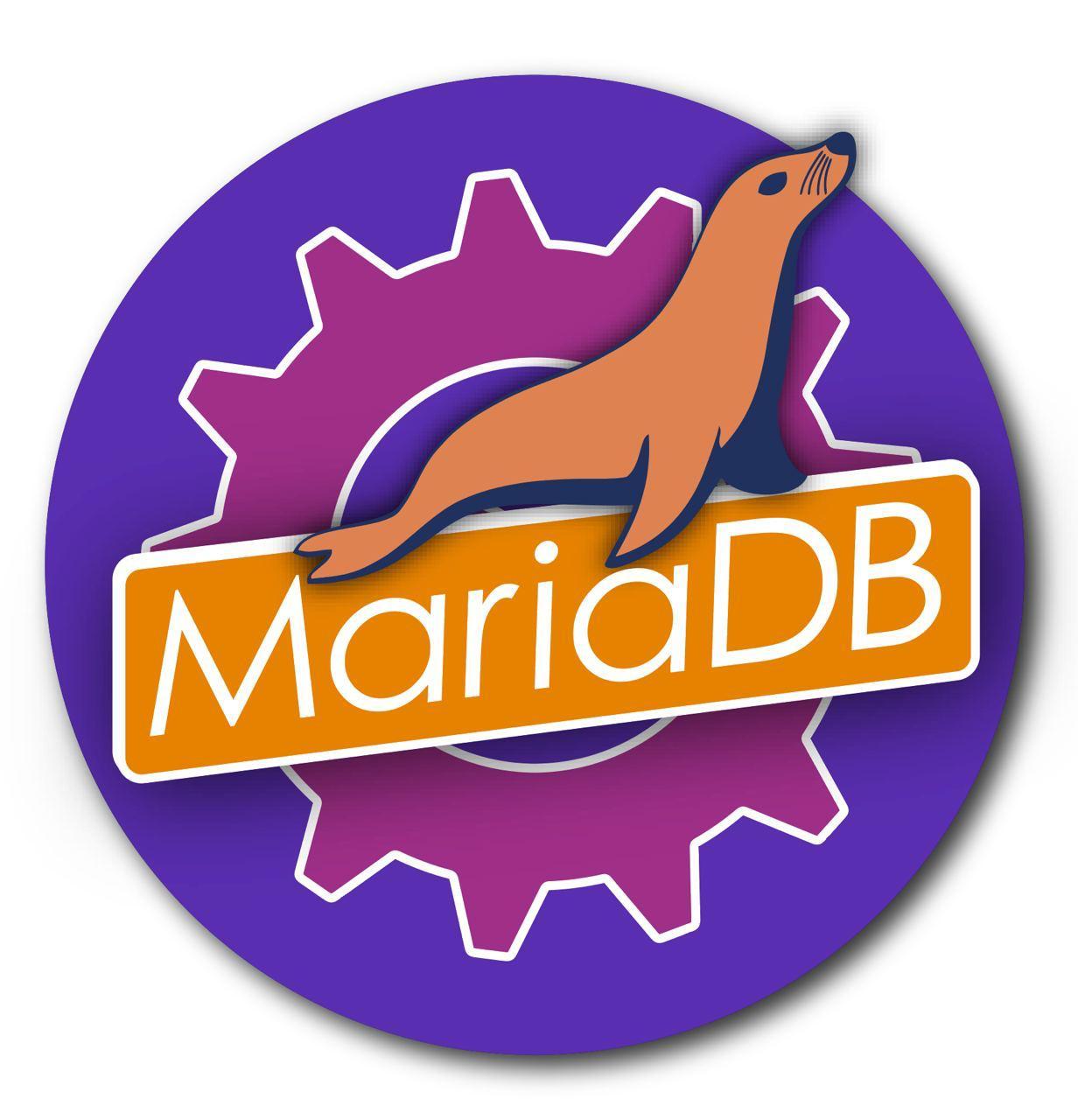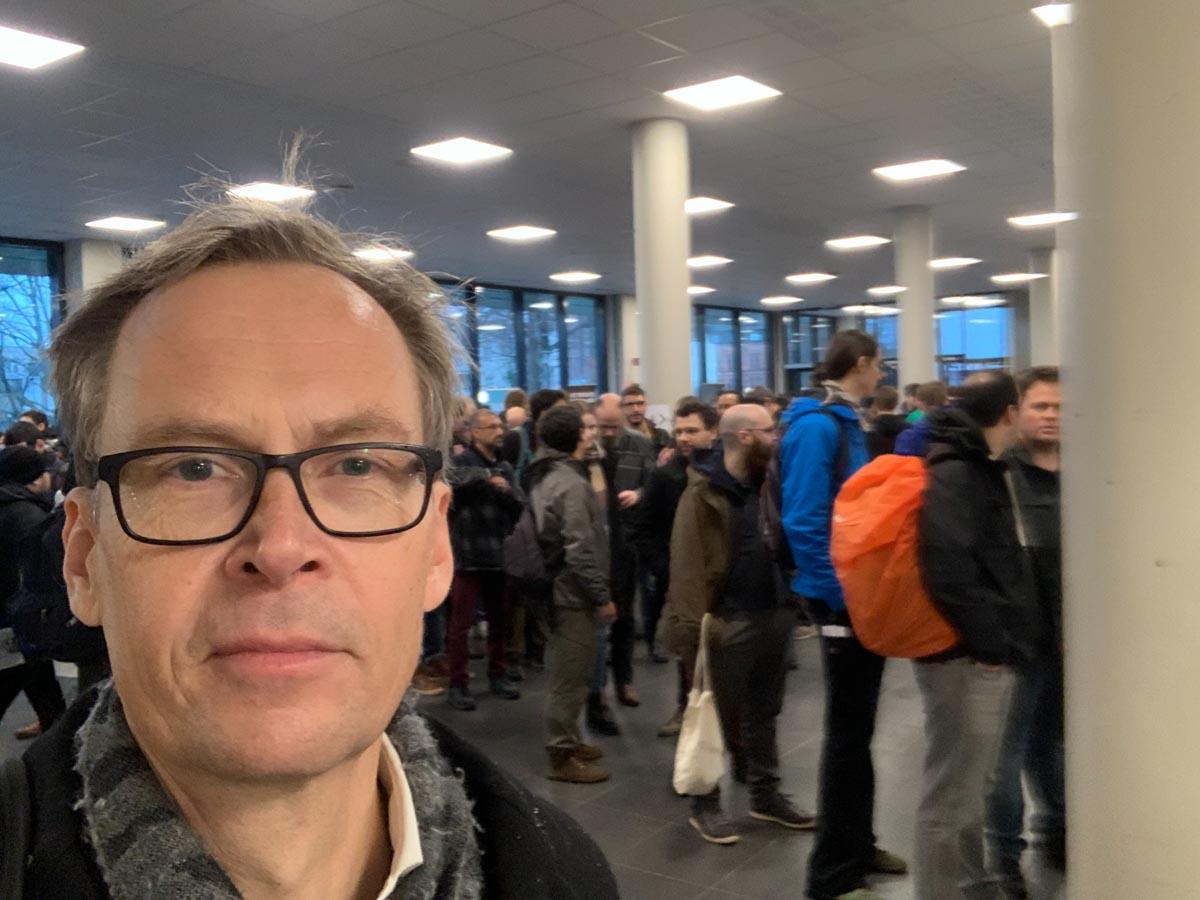Tag Archives: fosdemfringe
Dear FOSDEM fans! No f2f or even hybrid FOSDEM 2022 – we hear that with a combination of resigned sadness and understanding for those responsible of having 8000 people gather in one space. We would probably have come to the same conclusion, in their shoes.
At the same time, we keep hearing how so many good presenters suffer from online fatigue, and the lack of physical meetings. So we have a test balloon, that we’d like to launch – particularly into the MariaDB and database communities at FOSDEM.
What if MariaDB Foundation organised an informal f2f event two weeks prior to FOSDEM? …
FOSDEM gives energy. FOSDEM gives ideas. FOSDEM opens up opportunities, FOSDEM allows you to connect with old friends and colleagues. Hence, no big surprise that MariaDB Foundation attended FOSDEM, in order to promote Open Source and to get ourselves closer to the community.
Starting from a pre-FOSDEM dinner with Member of the European Parliament Nils Torvalds, over Open Source Diva Danese Cooper’s keynote about “Open Source is Art”, to the MySQL, MariaDB and Friends Devroom and Sunday’s MariaDB Day, concluding with OpenForum Europe’s meeting on Monday, my previous weekend was packed with encounters, discussions, and ideas around Open Source.
…
Galera Cluster for MySQL is a 100% synchronized cluster in regards to data modification operations (DML). It is ensured by the optimistic locking model and ability to rollback a transaction, which cannot be applied on all nodes. However, schema changes (DDL operations) are not transactional in MySQL, which adds complexity when you need to perform an upgrade or change schema of the database.
Changes made by DDL may affect results of the queries. Therefore all modifications must replicate on all nodes prior next data access. For operations which run momentarily it can be easily achieved, but schema changes may take hours to apply.
…
Galera R&D team is currently finalizing new features targeted for the next MariaDB 10.5 release. This presentation is a high level overview of the most prominent Galera clustering features under work, such as:
* Non Blocking DDL – for less turbulence of schema upgrades in a cluster
* Cluster Error Voting – for immediate recovery of node failures
* XA transaction Support – for executing XA transactions in a multi-master cluster
* GTID consistency – for consistent GTIDs in hybrid cluster / replication topologies
* Black Box – cluster hardening through more detailed diagnostics
…
MySQL 8.0 has introduced roles, a feature that was present since MariaDB 10.0. There are quite a number of differences between the two databases.
During the MariaDB day Vicențiu will present a comparison between them and see how roles are useful for your application and what are the key differences to consider when working with both databases.
…
For a large Open Source project to survive, it needs the right testing infrastructure in place. Because of this, the MariaDB Foundation made the whole build system a community shared resource. In this talk we will show how we have accomplished this and how the community can benefit.
MariaDB Day is part of FOSDEM Fringe and will be held on Sunday 2 February 2020. Attendance is free, but space is limited, so please RSVP on the Meetup page if you plan to attend.
…
MariaDB has an Open Source engine called ColumnStore which provides columnar storage capabilities. During the MariaDB Day Andrew Hutchings (a.k.a. LinuxJedi) will hold a talk explaining what columnar storage is, how it works and the advantages / disadvantages of it. He will also talk about how you can use it to help with things such as your analytical workloads alongside your traditional OLTP workloads.
…

